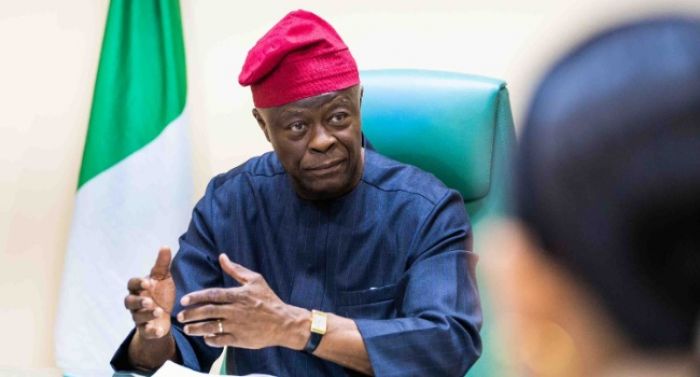Nigeria’s Public Debt Rises By 48.58% To N144.67 Trillion, Reflecting Increased Investment And Fiscal Response.
Nigeria’s public debt rose by 48.58 per cent to N144.67 trillion (approximately $94.23 billion) as of 31 December 2024, according to the latest report from the Debt Management Office (DMO). This marks a notable increase from the N97.34 trillion (or $108.23 billion) recorded at the close of 2023, signalling a year of extensive fiscal activity and investment in national development.
The surge in debt, as highlighted by the DMO, was primarily driven by increases in both external and domestic borrowing. External debt rose sharply by 83.89 per cent to N70.29 trillion ($45.78 billion), while domestic debt increased by 25.77 per cent to N74.38 trillion ($48.44 billion). The report attributes the spike in external debt not only to new loans but also to the depreciation of the naira, which impacted the naira valuation of dollar-denominated obligations.
While this increase has naturally drawn attention, analysts note that the rise also reflects the Federal Government’s commitment to financing key infrastructure projects and addressing the country’s economic needs through strategic investment. A significant portion of the domestic debt increase came from the bond market, which the government has continued to utilise in order to bridge budget deficits and fund long-term infrastructure initiatives.
The Federal Government’s domestic debt stood at N70.41 trillion, up from N53.26 trillion in 2023—an increase of over 32 per cent. Interestingly, domestic debt owed by states and the Federal Capital Territory (FCT) declined from N5.86 trillion to N3.97 trillion, reflecting a more measured borrowing approach by many subnational governments.
Quarter-on-quarter data also revealed consistent growth, with public debt rising from N142.32 trillion ($88.89 billion) in September 2024 to N144.67 trillion by year’s end, a 1.65 per cent increase. The government attributes this to new external borrowings and the continued pressure on the naira in global markets.
Despite the rising figures, the DMO assured that Nigeria’s debt profile remains relatively balanced. As of December 2024, external debt constituted 48.59 per cent of total public debt, while domestic debt accounted for 51.41 per cent.
A breakdown of external debt allocation shows that the Federal Government is responsible for N62.92 trillion ($40.98 billion), while states and the FCT hold N7.37 trillion ($4.80 billion). In the domestic segment, the Federal Government holds N70.41 trillion ($45.86 billion), with the remainder shared by states and the FCT.
With projections suggesting Nigeria’s debt could rise further to over N157 trillion by the end of 2025 due to a planned N13 trillion borrowing to fund the national budget, fiscal observers highlight the importance of transparency and debt sustainability in the coming year.
As the nation continues to navigate a challenging global economic environment, the Federal Government is expected to strike a balance between responsible borrowing and strategic investment to support growth, infrastructure development, and macroeconomic stability.



